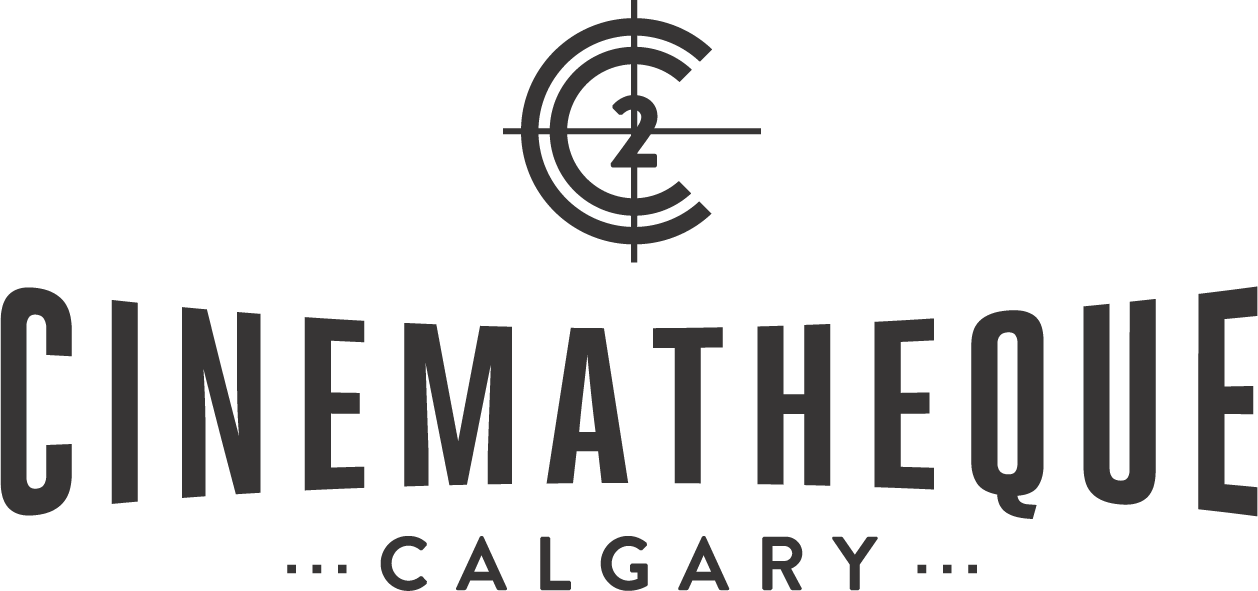Masters: Abbas Kiarostami
Filmmaker, poet, and photographer Abbas Kiarostami was born in 1940 in the Iranian capital of Tehran. He began making films in the 1970s, in the years leading up to the 1979 revolution, working primarily as a documentarian. From early on, Kiarostami’s films had a special focus on children, with whom he would develop an effective and idiosyncratic manner of working. A turn to narrative fiction films in the 1980s, first with Where is the Friend’s House? (1987), the first film in his newly restored Koker Trilogy, and then Close-Up (1990), a fiction-documentary hybrid, would be the beginning of the director’s remarkable ascent to international prominence. His focus on real people and locations, a product of his documentary background, has earned comparisons to the Italian Neorealist masters of the immediate postwar period, but his work is also suffused with elements adopted from Persian poetry and art. With our Masters: Abbas Kiarostami series, Calgary Cinematheque highlights five universally humanistic works from the filmmaker’s rich cinematic legacy.
Series Films
where is the friend’s house (1987)
Directed by abbas kiarostami
Oct 10, 2019
Where Is the Friend’s House? (1987) tells the simple story of a schoolboy in Iran’s hinterlands who accidentally brings a friend’s notebook home and then tries desperately to locate the boy in a neighbouring town to return it. Whether intended by Kiarostami, Where Is the Friend’s House? is considered by many to be the first film of the unofficially labelled Koker Trilogy, and a crucial film of World Cinema.
and life goes on (1992)
Directed by Abbas Kiarostami
Oct 17, 2019
Blurring the lines between narrative and documentary, And Life Goes On (1992) follows a film director who, along with his son, journey through the country in the aftermath of a major earthquake, where they come across some of the young boys who acted in Where Is the Friend’s House? (1987). This is the second film in the informal Koker Trilogy and is the first of Abbas Kiarostami’s major works to focus on a "director surrogate", a nonprofessional performer representing a version of the film director.
Through the Olive Trees (1994)
Directed by Abbas Kiarostami
Oct 24, 2019
In the final film in the Kiarostami’s Koker Trilogy, a stonemason cast in a film within the film romantically pursues a young woman, who is also cast in said film. Despite the fact that the family consider him an ill-suited match, the stonemason continues to pursue his romantic quarry, bringing forward elements of the fictional world and the filmic world as they cross-pollinate in mysterious ways.
The Wind will carry us (1999)
Directed by Abbas Kiarostami
Nov 3, 2019
The film in which Kiarostami’s Persian poetic sensibility is most foregrounded, The Wind Will Carry Us (1999) follows journalist Behzad and a camera crew who have been sent to a remote Kurdish village where they are to wait for the death of a one-hundred-year-old woman so that they can subsequently film a traditional funeral ceremony.
Close-up (1990)
Directed by Abbas Kiarostami
Nov 21, 2019
With a story that’s almost literally “ripped from the headlines,” Close-Up (1990) tells the real-life tale of a young working-class man named Hossein Sabzian who had impersonated legendary Iranian filmmaker Mohsen Makhmalbaf in order to insinuate himself into the lives of the Ahankhahs, a middle-class family living in Northern Tehran.






